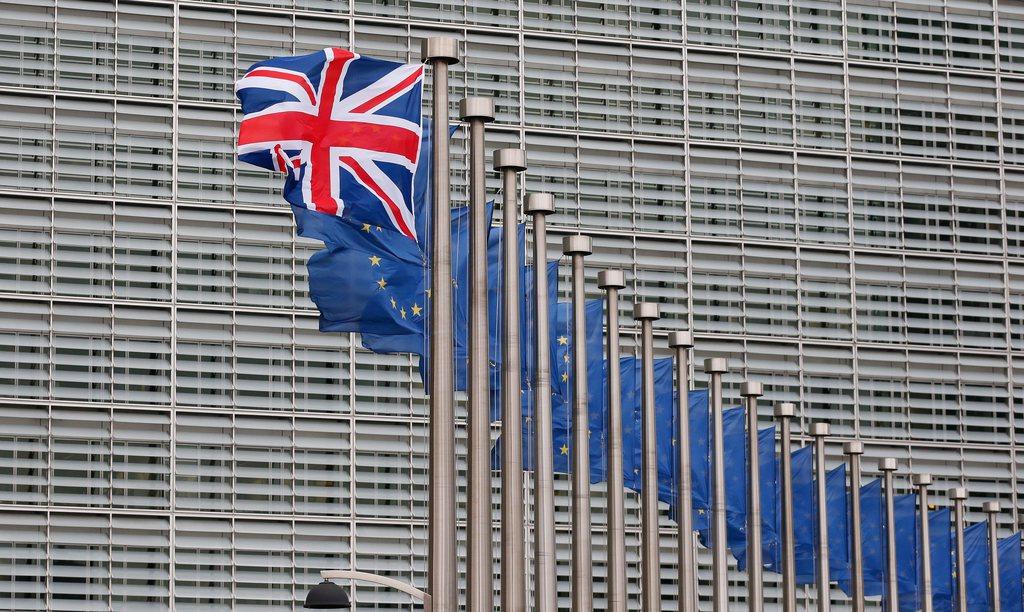
What next for European democracy?

With the historic ‘Brexit’ popular vote coming up in Britain, a whole continent is reconsidering its current formula for democratic integration within the European Union. Here, five active European citizens share their thoughts alongside Bruno Kaufmann, editor-in-chief of People2Power.
It takes more than just a perspective of the next 50 days to be able to see a silver lining on the dark horizons of Europe. On June 23, almost 50 million British citizens will be asked if they would like their country to ‘stay in’ or ‘leave’ the EU.
As usual, a fair share of true supporters of the EU do not like this kind of direct citizens’ involvement: in their view, the European integration process has only been possible because the public has been excluded from the decision-making process.

More
‘Democracy starts with awareness’
Conveniently for them, this coincides with a general elitist view on modern representative democracy, which considers citizens merely as consumers of the political products designed by a few.
And even though their arguments are historically inadequate as the origins of the EU had direct democratic elements from the very beginning.
Elitists and populists
What’s more, such traditional top-down attitudes, which dominate many leading circles including the current EU Commission, nourish perfectly the growing populist opposition against Europe.

More
‘A minimal proposal’
The main idea being that a democratic society can only exist within an ethnically, rather uniform nation-state.
The EU is seen as a distant bureaucratic monster, unable to meet the key challenges of our times when it comes to climate change, migration, welfare and security.
Recent crises – and the EU’s inability to deal with them – has reinforced this perception. In many EU countries currently political parties on the right and the left cater for a nostalgic dead end – often enriched with an anti-immigrant and anti-Muslim rhetoric.

More
‘Petition for Europe’
From debate to conversation
As the main stage is occupied by elitist EU promoters and populist EU opponents, there seems to be little room for supporters and promoters of transnational European democracy.
Finding, exploring and using this limited space boils down to identifying those encouraging actions and actors, which are doing their daily work in the shadows of the big debates like Brexit, the refugee crisis or Greece’s problems within the Eurozone.

More
‘A European Citizens’ Assembly’
Such actors try to use existing political rights like for example the European Citizens Initiatives and other participatory tools at the local and national level to make a difference when it comes to democratising democracy in Europe.
They have developed new ideas, which they try to realise, not by reverting to former times or by excluding even more people, but by opening up new windows of opportunities.

More
‘The Erasmus generation’
If the current Brexit-battle can evolve into a long term conversation about democracy in and for Europe even beyond Britain, then the next 50 days can be become a window of opportunity.

In compliance with the JTI standards
More: SWI swissinfo.ch certified by the Journalism Trust Initiative






























You can find an overview of ongoing debates with our journalists here . Please join us!
If you want to start a conversation about a topic raised in this article or want to report factual errors, email us at english@swissinfo.ch.